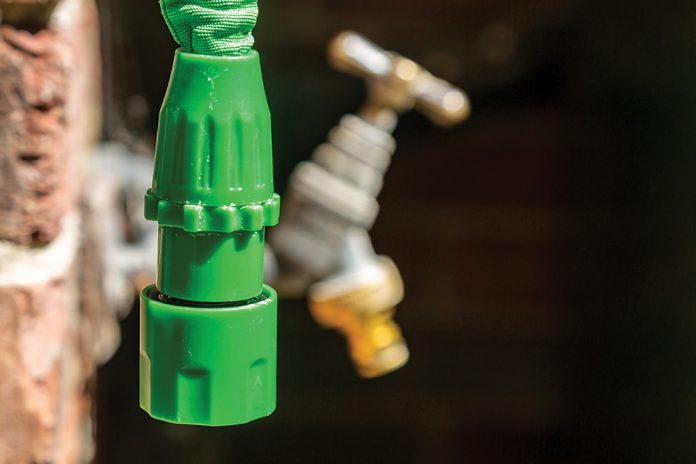The summer of 2022 will be remembered for travel chaos and hose pipe bans. The summer heatwaves and widespread water restrictions are bringing water to the fore in a way not seen since 1976.
‘By 2050 the UK water deficit is anticipated to be 4017 mega litres per day’.
National Water Framework Consultation launch, January 2022.
The plans to upgrade our water supply, to meet projected demand, are reliant on reduction in current usage levels. That means reducing Per Capital Consumption (PCC) to 110 litres per day, from its current average of 150, is imperative if we are to meet future water demand. However, fears of customer complaints impacting on C-Mex figures appears to be restricting the options being considered by some water companies.
Despite the recent focus on educating the public on how to improve lifestyle to minimise our impact on the environment, the general day to day use of water is often only mentioned in context to ‘heatwave’ related restrictions.
Occasional focus on water usage during exceptional weather spells will not achieve the long-term lifestyle changes required to achieve the reductions required.
‘Smart metering’ has been shown to have some impact on domestic consumption. An aging infrastructure with multi household supplies are amongst the many factors that ensure that mandated metering – let alone ‘smart metering’ is at best an expensive, medium-term objective.
Our water companies are regulated to provide a minimum level of water supply, but in many areas, due to network structure and gravity fed systems, supply is much greater. Households in high pressure areas could be receiving up to three times the required minimum levels. So, run a hose for five minutes at the bottom of the hill, and your lawn will be greener that the gardener that does the same at the top. These ‘time controlled’ uses, e.g. teeth cleaning, taking a shower, running a tap to rinse dishes could be standardised down if all households received the same acceptable, ‘standardised’ supply.
Oversupply of water is wasted water!
To date flow restriction devices have been used at each outlet, i.e. kitchen taps, bathroom taps, and showers separately and developers have received a reduction in infrastructure charges for their installation. However, industry reports show that many of these devices are not retained by occupiers in the long term, resulting in the water companies incurring both a loss in revenue and no long-term gain in PCC.
The alternative is whole site flow reduction. Fitting a device, such as Groundbreaker’s NRv2 LoFlo, at the meter regulates the level of flow entering customer premises – regardless of network pressure. As the flow of water into the premises is limited, then the amount used in ‘time controlled’ activities is also limited – but without providing a degradation of service. More importantly not requiring any intervention or behavioural change on the part of the customer, so leading to ‘natural’ reduction in per capital consumption.
PCC performance commitment levels are designed to financially penalise failure to achieve reduction targets, and with a PCC reduction target averaging just under 6% in the UK the penalties can mount up.
However, water companies are also tied to C-Mex performance commitment levels, and some seem to be concerned that a reduction in the supply levels to properties will prompt customer complaints, offsetting the financial rewards of achieving PCC targets.
Field trials of devices such as LoFlo, have shown that most customer are not aware of supply levels in their property, within certain limits. Especially when moving into a new property, customers accept the levels as ‘being what it is’ and fears of an increase in customer complaints impacting C-Mex values are overrated.
Independent research carried out by WRc, showed a theoretical reduction of 2-4% of typical water usage when devices such as LoFlo are installed. However, recent field trials by a major UK water company have showing savings of 5% – just 1% off the average PPC reduction targets!
The NRv2 LoFlo can be easily and simply retrofitted to any meter installation, or meter exchange when upgrading or remediating underground meter chambers. Thus, allowing Water Companies to manage demand, with little or no impact on consumers, at the minimal cost of approximately £20 per household.
Steve Leigh FIWater, Managing Director Groundbreaker Systems
Groundbreaker Systems won the HBF’s ‘Utility of the Year’ in 2018.
www.groundbreaker.co.uk




